62196 Standand Car Charging
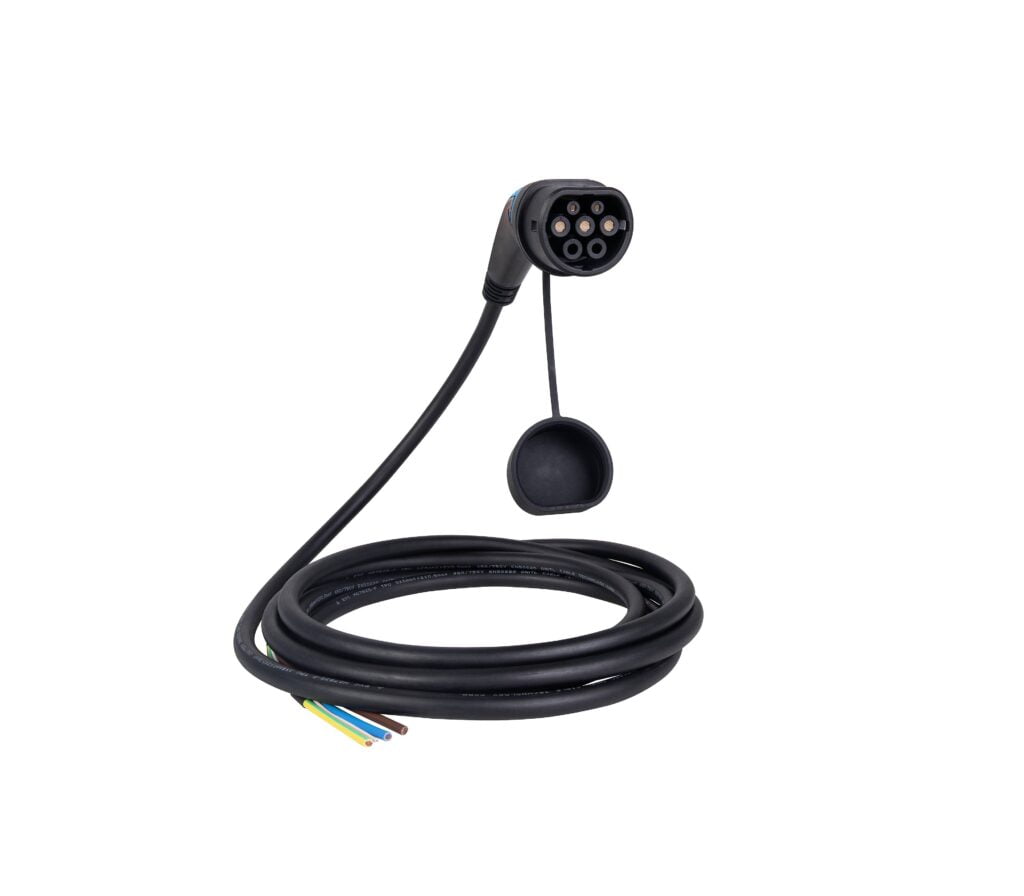
Honors type 2 cables meet European standards, AC slow charging plug and DC fast charging plug, it can suit for most of 62196-2 standardselectric vehicles.
type 2 AC cables max amps 80A, from 16A, 32A, 50A, 63A.
CCS 2 Combo cables, max 600A with liquid cooling, from 40A, 80A, 125A, 150A, 200A ,250A, 300A, 350A, 500A, 600A.
all plug has pass the TUV, CE strict test and got TUV certificate.
We accept any customzation, please inquiry us for proposal.
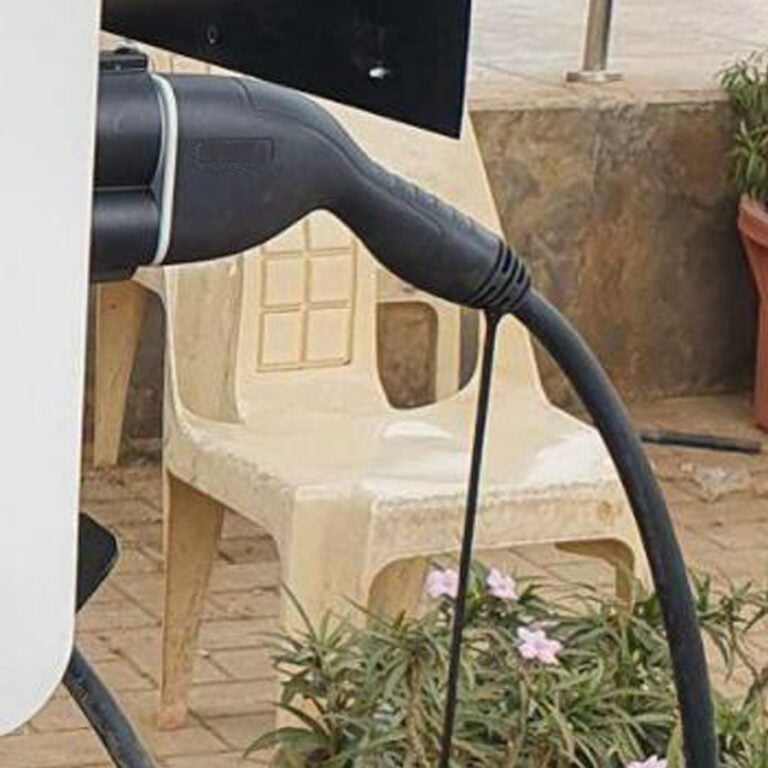
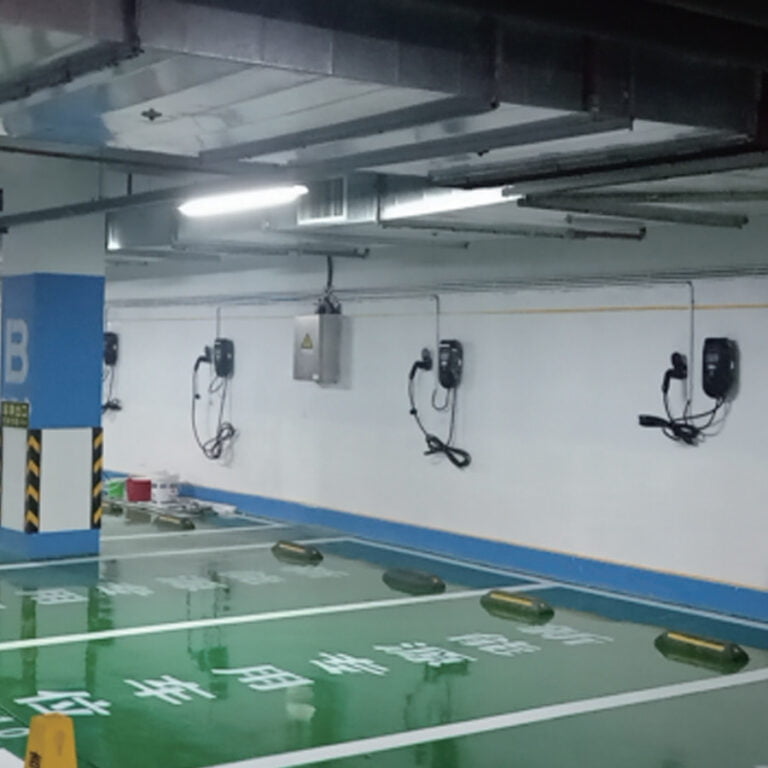
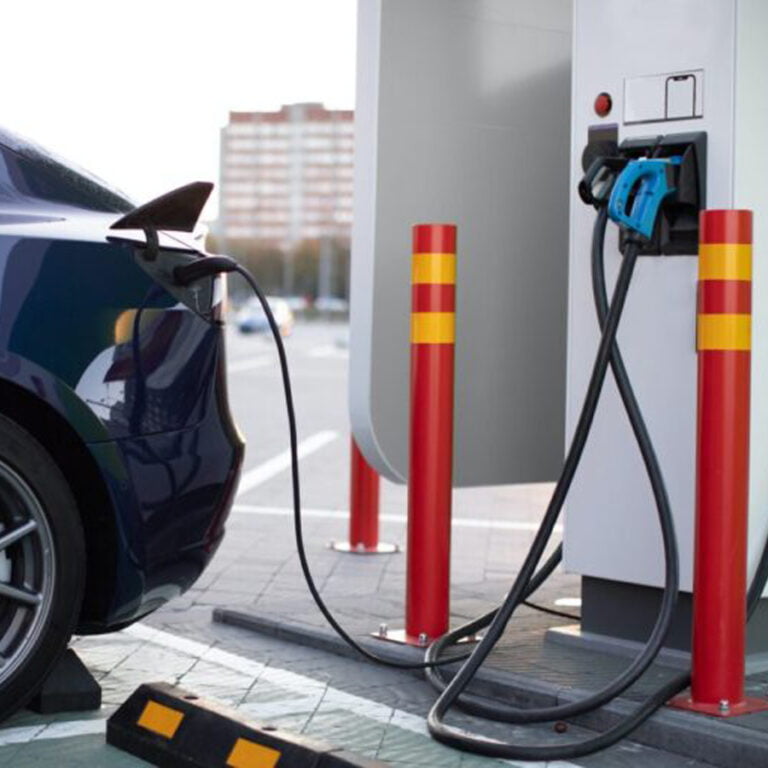
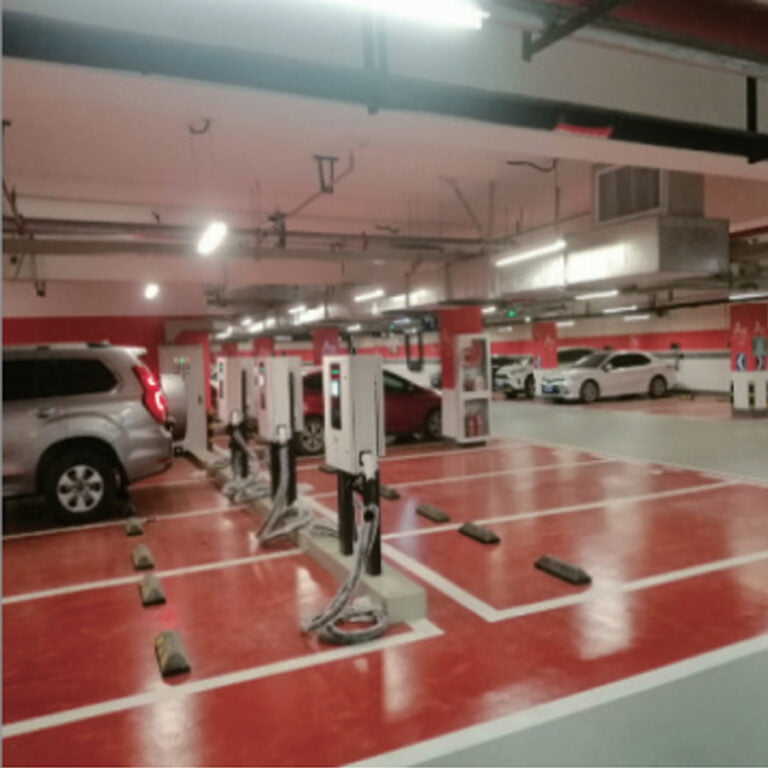
Meet type 2 standards cars charging request
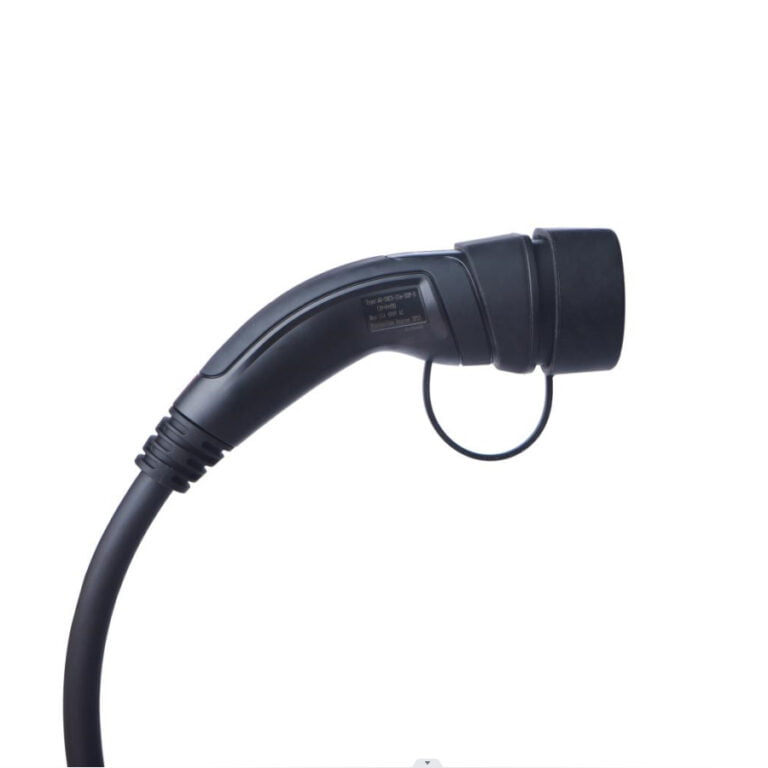
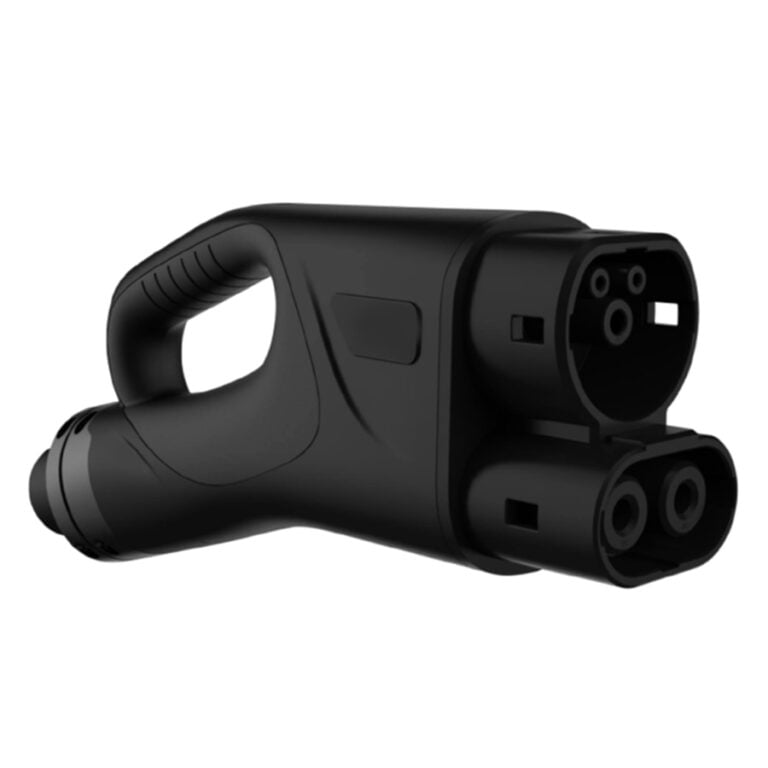
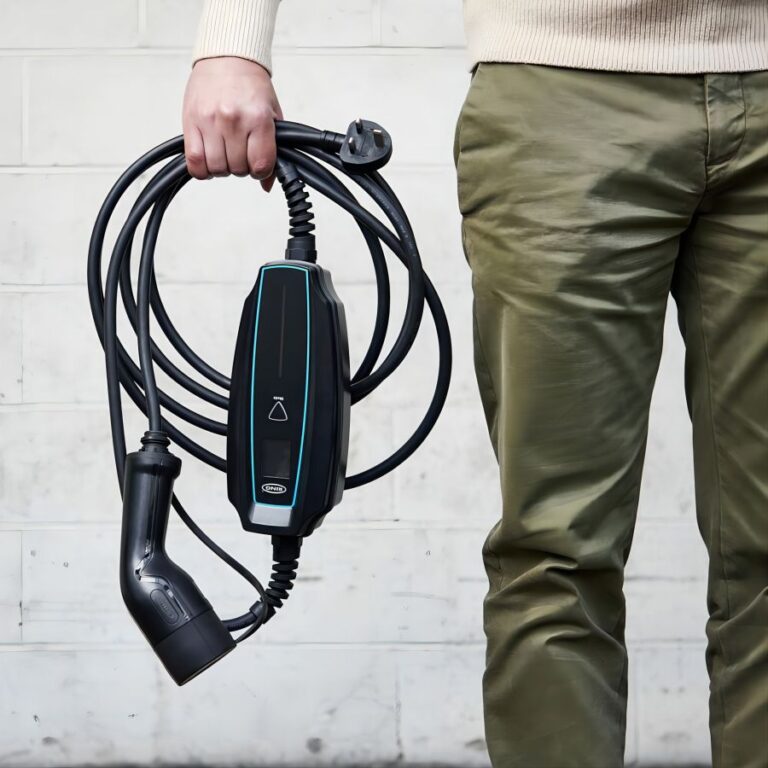

| Model | Amps | Voltage | Cable Specification | Cable Diameter | Waterproof | Certificate |
|---|---|---|---|---|---|---|
| AC Charging | 16A | 250V | 3×2.5mm2+2×0.5mm2 | 11±0.5mm | IP55 | TUV,CE,RoHS |
| AC Charging | 16A | 480V | 5×2.5mm2+2×0.5mm2 | 14.2±0.5mm | IP55 | TUV,CE,RoHS |
| AC Charging | 20A | 250V | 3 x 2.5mm2+2 x 0.5mm2 | 11±0.5mm | IP55 | TUV,CE,RoHS |
| AC Charging | 20A | 480V | 5 x 2.5mm2+2 x 0.5mm2 | 14.2±0.5mm | IP55 | TUV,CE,RoHS |
| AC Charging | 32A | 250V | 3×6mm2+2×0.5mm2 | 14±0.5mm | IP55 | TUV,CE,RoHS |
| AC Charging | 32A | 480V | 5×6mm2+2×0.5mm2 | 17.5±0.5mm | IP55 | TUV,CE,RoHS |
| DC Charging | 80A | 1000V DC | 2×16mm2+1×25mm2+(6×0.75mm2) | 23±1mm | IP55 | TUV,CE,RoHS |
| DC Charging | 125A | 1000V DC | IP55 | TUV,CE,RoHS | ||
| DC Charging | 150A | 1000V DC | 2×50mm2+1×25mm2+(6×0.75mm2) | 30±1mm | IP55 | TUV,CE,RoHS |
| DC Charging | 200A | 1000V DC | 2×70mm2+1×25mm2+(6×0.75mm2) | 34±1mm | IP55 | TUV,CE,RoHS |
| DC Charging | 250A | 1000V DC | 2x(2x3awg)+(10+16)+6×0.75mm2 | 30.5±0.8mm | IP67 | TUV,CE,RoHS |
| DC Charging | 300A | 1000V DC | 2x(2×35)+(10+16)+6×0.75mm2 | 32.5±0.8mm | IP67 | TUV,CE,RoHS |
| DC Charging | 350A | 1000V DC | 2x(2×50)+(16+20)+6×0.75mm2 | 35.5±0.8mm | IP67 | TUV,CE,RoHS |
| DC Charging | 600A | 1000V DC | 2x35mm^2+1x25mm^2+8×0.5mm2 | 31±0.5mm | IP67 | TUV,CE,RoHS |
Some questions about this product
from 16A AC to 600A DC with cooling.
Yes, it has TUV,CE, RoHs, REACH certificate.
our plugs produce according the standards IEC62196-2 and IEC62196-2 standards.
We provide 2 years warranty.
We don’t have MOQ limit, we are happy to start with samples.
yes,accept all the OEM and ODM.
we support flexiable payement terms, TT, OA.C/L and others.
Select your suitable application scenario
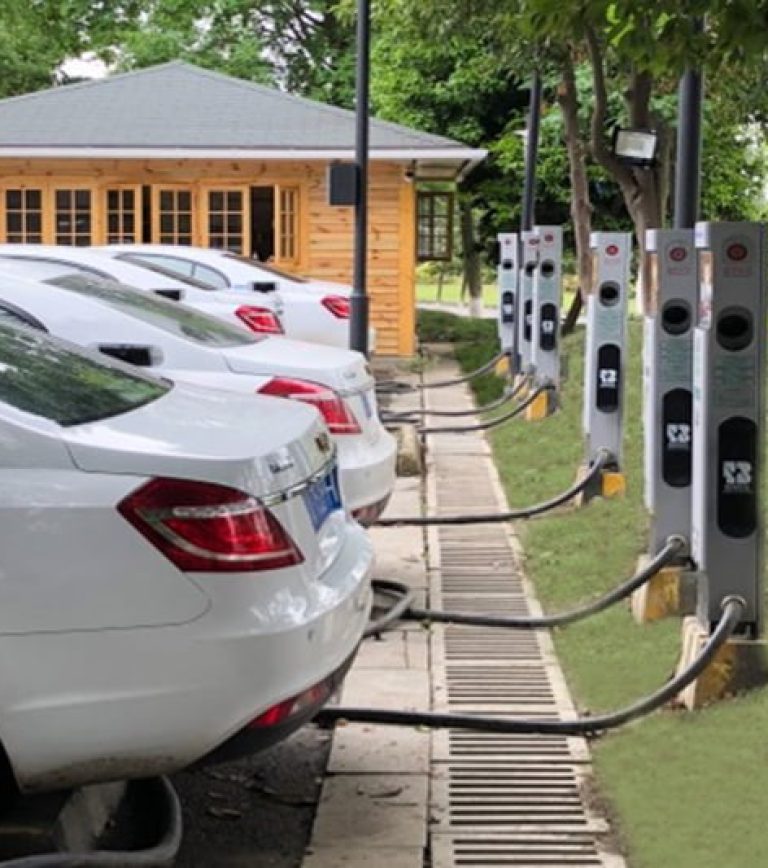
In a significant stride towards enhancing the electric vehicle (EV) infrastructure in Istanbul, Turkey, a leading high-power charging station manufacturer embarked on a project to deploy advanced 200kW charging stations equipped with state-of-the-art CCS 2 connectors and cables rated for 350A. This initiative aimed to provide fast, reliable, and efficient charging solutions to meet the increasing demand for electric vehicle support in the region.
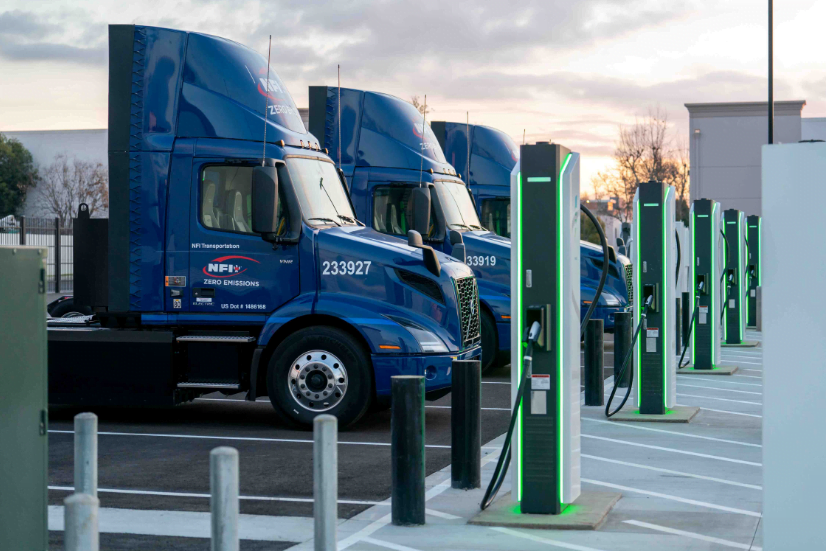
In Spain, a groundbreaking installation case featured our 600A CCS 2 connectors, setting a new standard for high-power EV charging solutions. Catering to a client's ambitious project of constructing 400kW charging stations, these connectors were equipped with state-of-the-art liquid-cooled plugs to handle the immense power requirements efficiently. This installation not only demonstrated our ability to meet high technical specifications but also showcased our comprehensive offering, including both the advanced cables and the integrated system necessary for optimal operation
With years of experience in the industry, our company takes pride in being the go-to experts for Electric Vehicle Supply Equipment (EVSE) cables, our first market is European makert, so we have rich experience for type 2 cables.
The IEC 62196 Type 2, often referred to as the Mennekes connector, is a standard for AC and DC charging cables for electric vehicles (EVs), defined by the International Electrotechnical Commission (IEC). Type 2 AC cables are designed for connecting EVs to public or home charging stations in alternating current (AC) mode, typically used for slower, overnight charging.
In contrast, Type 2 DC cables are used for fast charging in direct current (DC) mode, allowing for rapid charging of EVs at high-power stations. This standard is widely adopted in Europe and other regions, providing a uniform and safe interface for EV charging across different vehicles and charging infrastructures, featuring a distinct connector design that supports a range of power outputs to accommodate various charging speeds.
Type 2 AC cables and DC cables serve distinct purposes in the electric vehicle (EV) charging ecosystem, primarily differentiated by their current type and use cases. Type 2 AC cables are designed for alternating current (AC) charging, max 63A 400V, commonly used for residential or public charging stations where slower, overnight charging is suitable.
These cables facilitate the transfer of AC power from the grid to the vehicle’s onboard charger, which then converts it to direct current (DC) to charge the battery. On the other hand, Type 2 DC cables max 600A are used for direct current (DC) fast charging, enabling rapid charging at high-power stations, ideal for quick top-ups during long journeys or in commercial settings. DC cables bypass the vehicle’s onboard charger, delivering power directly to the battery at a much faster rate. This distinction allows users to choose between slower, more affordable AC charging for everyday use and faster DC charging when time is of the essence.
High-current charging offers significant benefits for electric vehicle (EV) users, primarily by substantially reducing charging times and enhancing convenience. With the capability to deliver more power to the vehicle’s battery in a shorter period, drivers can achieve a substantial range increase in just minutes, making EVs more practical for long-distance travel and reducing downtime during trips. Additionally, high-current charging infrastructure supports the rapid expansion of EV adoption by alleviating range anxiety and making electric vehicles a more viable option for a broader range of applications, including commercial and fleet use. This advancement in charging technology marks a critical step toward a sustainable, efficient future in transportation.
AC charging station Manufacturer: Allows customization for specific charging setups
Custom Charging Installations: Ideal for creating tailored charging solutions
Temporary Charging Solutions:Useful in events or exhibitions with varied infrastructure
Fleet Management:Provides versatility for diverse charging points
Electricians and Installers:Enables customization for professional installations
Experimentation and Prototyping:Useful for testing new charging solutions
When buying a Type 2 EV charging cable with an open end, there are several important considerations to ensure that the cable meets safety standards, is compatible with your electric vehicle (EV) and charging infrastructure, and can be used reliably. Here are key considerations:
Cable Specifications:Check the specifications of the cable, including its current capacity (amperage) and voltage rating. Ensure that the cable can handle the charging requirements of your electric vehicle.
Type 2 Connector Standard
Confirm that the cable adheres to the Type 2 connector standard, which is commonly used in Europe. This standard ensures compatibility with most EVs and charging stations in that region.
Open-End Configuration
Understand the open-end configuration. Determine whether the cable has exposed conductors, lugs, or other connectors that can be adapted to different charging sources.
Compatibility
Ensure that the open-end connectors or terminals are compatible with the charging infrastructure you plan to use. This might involve verifying that the connectors match those at your home charging station, public charging points, or other potential power sources.
Safety Features
Check for safety features such as proper insulation, strain relief, and protection against environmental factors. Safety is paramount when dealing with high-voltage electrical systems.
Regulatory Compliance
Verify that the cable complies with relevant regulations and standards for electric vehicle charging in your region. Compliance ensures safety and interoperability.
Customization Options
Determine whether the open-end configuration allows for customization. Some cables may come with pre-installed connectors, while others may be more adaptable for DIY projects or specific charging infrastructure requirements.
Length of the Cable
Consider the length of the cable. Ensure that it is long enough to reach from your charging station to your vehicle comfortably. However, longer cables may result in slightly slower charging speeds due to increased resistance.
Quality and Durability
Choose a cable from reputable manufacturers or suppliers to ensure quality and durability. A reliable cable is essential for long-term use and safety.
Ease of Use
Consider the ease of connecting and disconnecting the cable. Look for user-friendly features, such as ergonomic connectors and flexible cables that are easy to handle.
Warranty and Support
Check the warranty provided by the manufacturer. A good warranty can provide peace of mind, and responsive customer support is valuable in case you encounter any issues.
Professional Installation
If you are not experienced with electrical installations, consider seeking professional help for the initial setup. Professionals can ensure that the cable is installed correctly and safely.
Price and Value
Compare prices from different suppliers, but also consider the value you are getting in terms of quality, features, and warranty. Choosing a slightly more expensive cable from a reputable brand might be a wise investment.
Liquid cooling plugs are an innovative component of electric vehicle (EV) charging technology designed to manage the heat generated during the high-current charging process. These plugs incorporate a cooling system that circulates a liquid coolant around the connectors and cables, absorbing excess heat. This heat is then carried away from the plug to be dissipated elsewhere, keeping the charging interface at safe operating temperatures.
The use of liquid cooling in plugs is critical for high-power charging applications, such as those exceeding 500A, 600A, where the intense flow of electrical current would otherwise generate dangerous levels of heat. By efficiently managing this heat, liquid cooling plugs enable faster charging rates for EVs without compromising safety or the longevity of the charging equipment, making them a key technology in the development of advanced EV charging infrastructures.
By preventing overheating, liquid cooling enhances the efficiency, durability, and safety of the charging process, enabling the rapid charging capabilities of EVs without compromising the integrity of the electrical components. This advancement is crucial for supporting the fast-charging infrastructure needed for the widespread adoption of electric vehicles, particularly in commercial and high-use scenarios where fast turnaround times are critical.

Hey, I’m Craig Chen, the author of this post , I am a newcomer to the electric vehicle charging industry. I entered honors because of my love for electric vehicles. I am good at solving problems that arise. If you have any questions about electric vehicle charging, I will be happy to solve them with you.

Hey, I’m Craig Chen, the author of this post , I am a newcomer to the electric vehicle charging industry. I entered honors because of my love for electric vehicles. I am good at solving problems that arise. If you have any questions about electric vehicle charging, I will be happy to solve them with you.
Thanks for your interest, your inquiry will be responded within 24 hours.